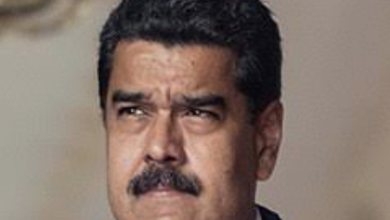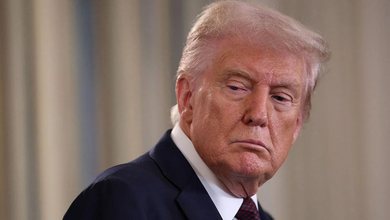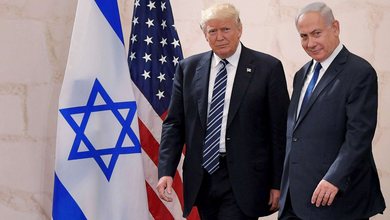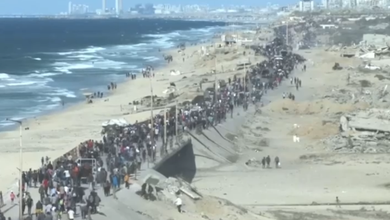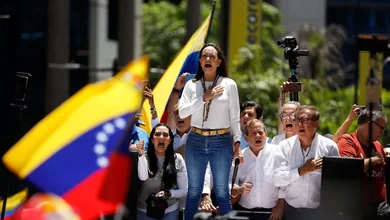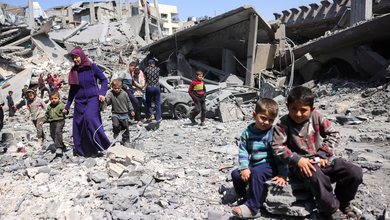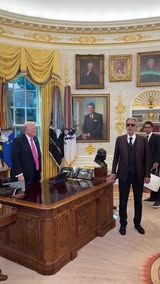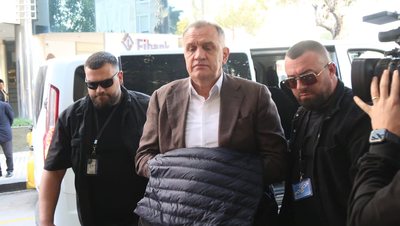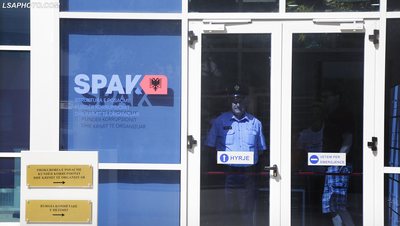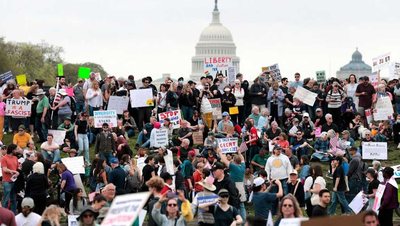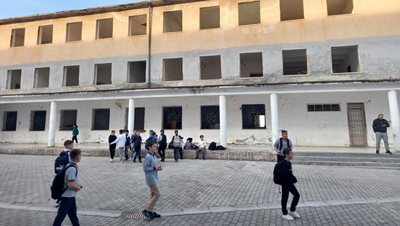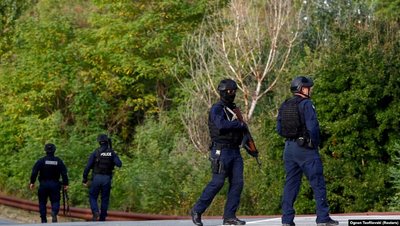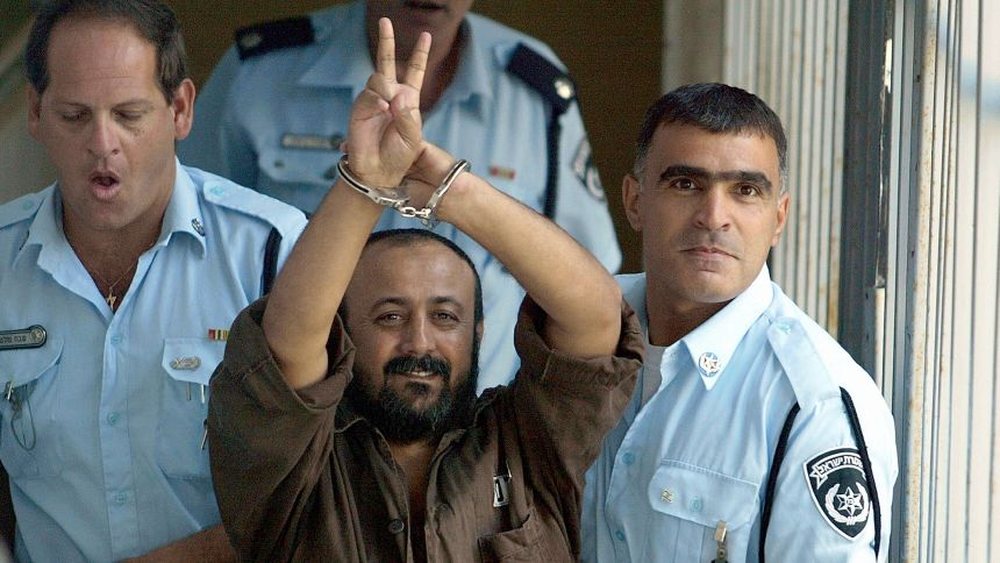
The best-known and potentially most unifying Palestinian leader, Marwan Barghouti, is not included in the list of prisoners Israel intends to release in exchange for the hostages. The 66-year-old is a leading figure in Fatah, Hamas's main political rival, and is widely seen as a potential successor to President Mahmoud Abbas, who heads the Palestinian Authority in the West Bank.
Senior Hamas official Mousa Abu Marzouk told Al Jazeera that the movement insists on Barghouti's release, but Israel considers him a terrorist. According to some experts, Israel's fear of Barghouti is related to the fact that he is a supporter of the two-state solution, although he has supported armed resistance to the occupation, which makes him a powerful mobilizing figure for Palestinians.
Who is Marwan Barghouti?
Born in the West Bank, Barghouti rose to prominence as a leader of student protests against the Israeli occupation while studying at Bir Zeit University. He later emerged as an organizer of the first Palestinian uprising (Intifada), which broke out in December 1987. Israel exiled him to Jordan, but he returned to the West Bank in the 1990s as part of interim peace agreements aimed at creating a Palestinian state.
Barghouti became the head of Fatah in the West Bank and, during the Second Intifada, Israel accused him of leading the Al-Aqsa Martyrs Brigades, an armed group affiliated with Fatah that carried out attacks on Israelis. He has not commented on his ties to the group.
In a 2002 editorial in The Washington Post, Barghouti wrote: “I am not a terrorist, but I am not a pacifist either.” Shortly thereafter, he was arrested by Israel and chose not to defend himself in court, not recognizing the authority of the court.
He is currently serving several life sentences, having been convicted in 2004 for attacks that killed five people in Israel. In prison, he led a 40-day hunger strike with the participation of over 1,500 prisoners, demanding better treatment.





